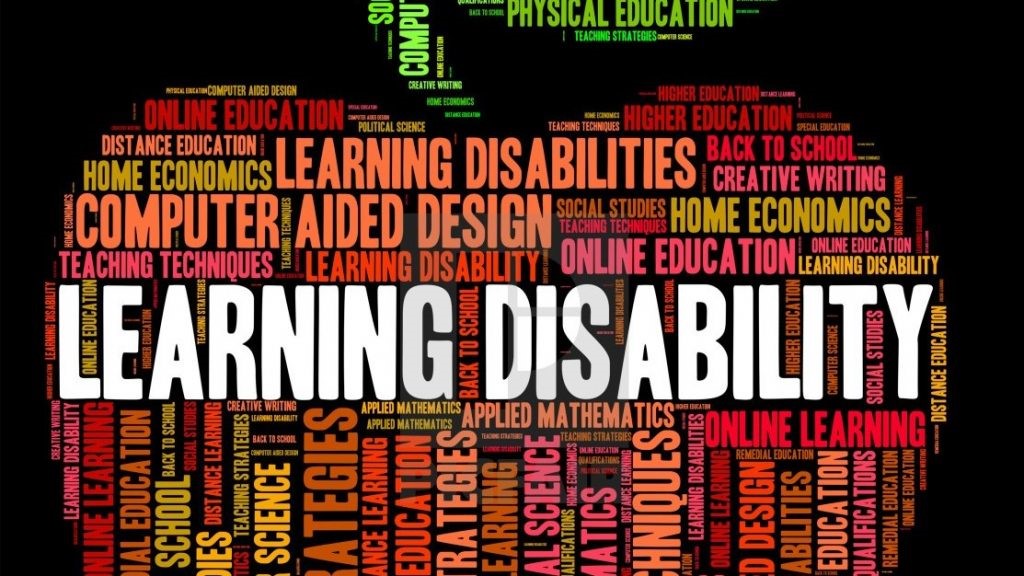Many children with superior intelligence develop dyslexia, while other children with much lower levels of intelligence catch on to reading with relative ease (Shaywitz, 2020).
When some intelligent children who have already mastered cognitive skills appropriate for their age enter school and are exposed to reading, writing, and math, they show signs that are very surprising to those around them. In this situation, most parents feel helpless and concerned and look for reasons to explain these traits.
If your children could talk, play, understand concepts, solve puzzles, ask questions, test, understand, memorize, read poetry, make crafts, draw, and perform as well as other children before school, but after starting school, all this well-defined world collapsed and they no longer liked books, they might have learning disorders or, better put, differences.
Your children may demonstrate several of the following symptoms:
They do not relate well to words and letters.
They do not relate to numbers, counting, and patterns.
They hate reading.
They occasionally recite words and texts from memory.
They write very poorly.
They dictations are full of mistakes.
There are misspelling even when they are copying texts.
They do not understand mathematical problems.
They find it difficult to perform complex patterns.
They prefer to be constantly drawing and playing.
They are very imaginative and fabricate stories.
They are stubborn and lazy.
These are warning signs that your child needs to be understood. In this association, we strive to identify and help children and adults who show these symptoms.
Translated by Dr. Shirin Mohamadzadeh
